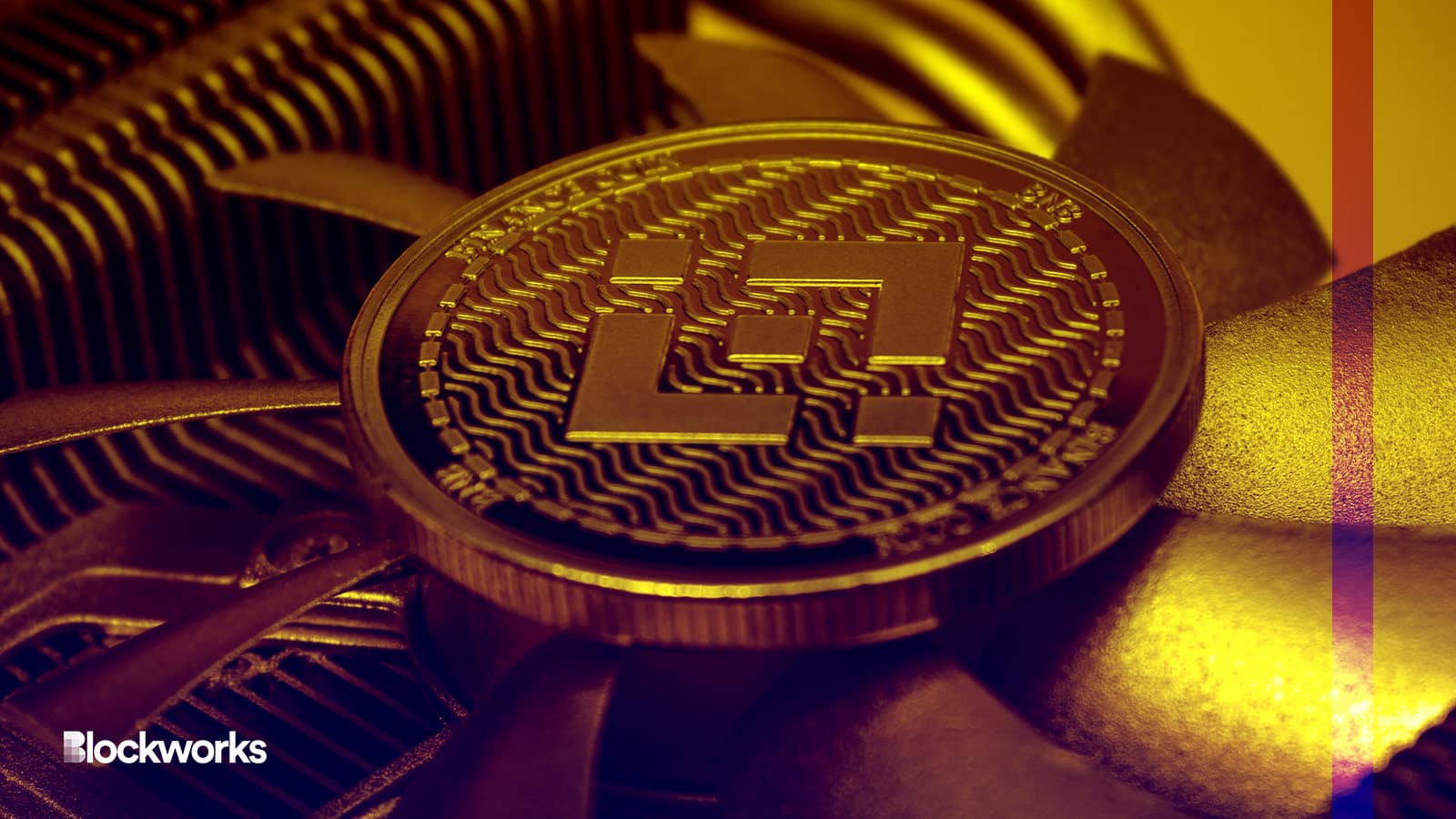Binance.US accounts ‘not eligible’ for FDIC insurance protections
Binance US updated its terms of service to comply with the FDIC and finalize its transition to a crypto-only exchange

Igor Faun/Shutterstock modified by Blockworks
Binance.US made some changes to its terms of service on Monday.
In an email sent to customers and shared with Blockworks, Binance US removed the language stating that deposits were insured by the Federal Deposit Insurance Corporation.
Additionally, customers must convert their US dollars to either a stablecoin or other digital asset in order to withdraw from the exchange.
“Your Accounts and digital assets are not eligible for FDIC insurance protections. In the event you wish to withdraw US dollar funds from your Account, you may convert such US dollar funds to stablecoin or other digital assets, which can subsequently be withdrawn,” the terms of service said.
Binance explained in the customer email that it changed the FDIC language in “accordance with guidance received” from the FDIC.
“Digital Assets are not legal tender, are not backed by any government, and accounts and value balances are not subject to protections or insurance provided by the FDIC or the Securities Investor Protection Corporation,” states the terms of service.
Binance US announced back in late July that it transitioned to a crypto-only exchange.
“While Binance.US does not support USD services for the time being (until we onboard stable banking partners), you can open an account with a trusted platform that allows you to buy crypto with USD,” the exchange wrote in a post from two weeks ago.
As a result of a lawsuit from the US Securities and Exchange Commission, Binance.US announced on June 13 that it would be pausing customer withdrawals to transition to an all-crypto exchange due to “banking partners [who] have signaled their intent to pause USD fiat channels.”
Read more: Binance hit with class-action lawsuit over alleged market manipulation
Ten days later, Binance US announced that it was restoring USD withdrawals, though it warned that it may discontinue USD withdrawals and announced that it was seeking “additional USD deposit/withdrawal bank partners.”
The FDIC, in recent months, clarified that it does not cover crypto custodians, exchanges, or wallet providers. The agency specifically covers insured banks.
The agency sent a letter to OKCoin — now OKX — in June, accusing CEO Hong Fang and other executives of making false or misleading statements” about FDIC insurance.
Earlier this month, the Federal Trade Commission and Commodity Futures Trading Commission went after bankrupt lender, Voyager, and its former CEO Stephen Ehrlich.
The FTC alleged that both Voyager and Ehrlich made deceptive claims around FDIC insurance, claiming that the customers were protected. However, the FTC stated that both Ehrlich and Voyager were “well aware” that Voyager itself was not insured, and therefore customer deposits were not protected.
Binance.US did not immediately respond to a request for comment.
Get the news in your inbox. Explore Blockworks newsletters:
- The Breakdown: Decoding crypto and the markets. Daily.
- 0xResearch: Alpha in your inbox. Think like an analyst.






